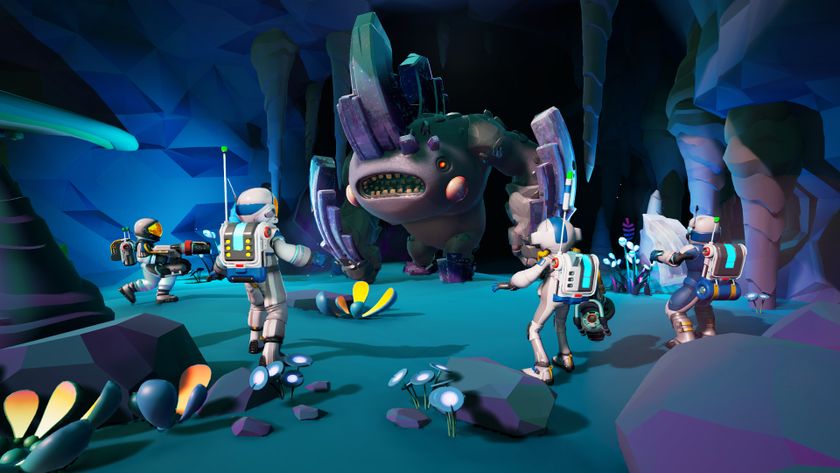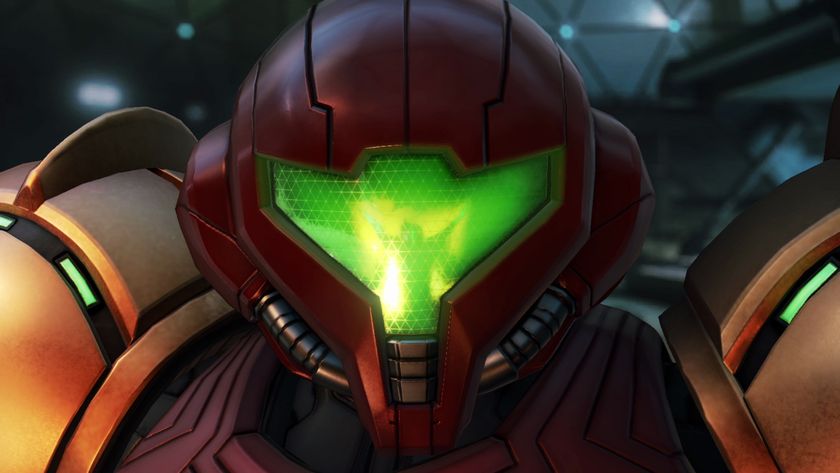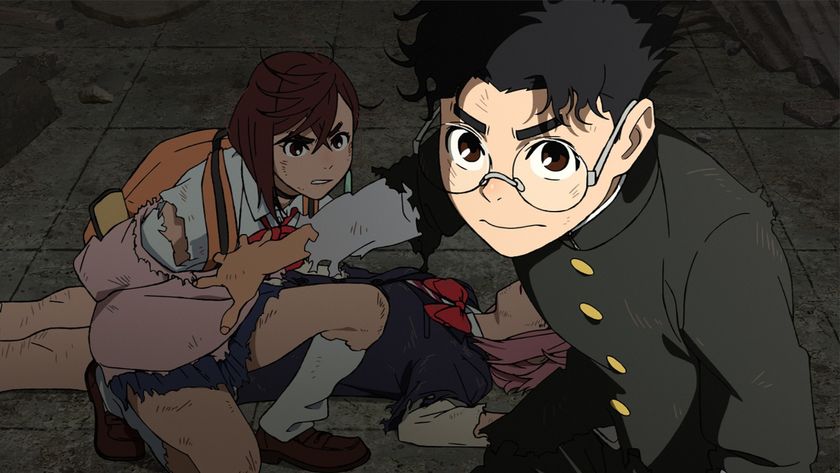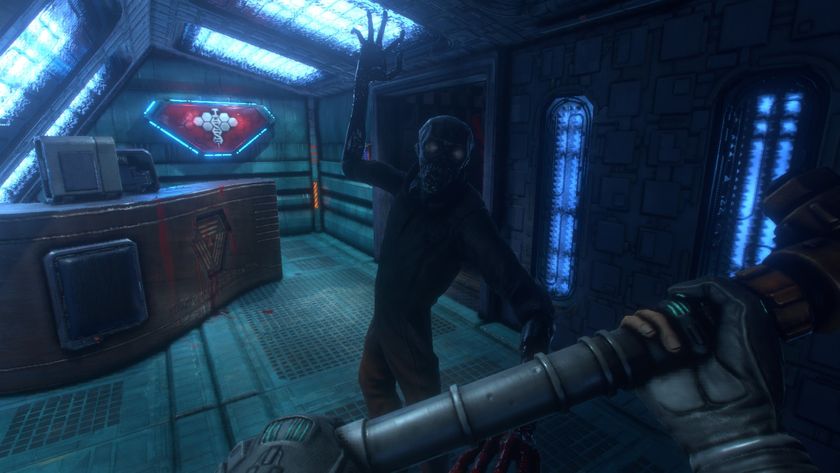Sony was hoping for 7s with Knack, and that's just not good enough
“I was hoping Knack could score in the mid 70s”, said Shuhei Yoshida, the other day. He was speaking to GI.biz about the decidedly mixed review scores for PS4 launch games, and particularly, the outright stinker of the bunch. Mark Cerny’s platform-brawler is undoubtedly the least defensible of the PS4’s first batch of software; a family-friendly game which could only really be said to be friendly towards the family if said family had taken a clan-wide vow to avoid fun wherever possible. But that’s not the problem here.

Every console launch line-up is littered with sub-standard releases. New hardware, tight time restraints, and new design ideas always make development challenging. And of course there’s the additional pressure of having the entire world, starting with your immediate boss, glaring at you with the burning scrutiny of a sunbeam focused through a magnifying glass into the eyes of a soon-to-be barbecued ant. And that, without the macabre insect metaphor, is roughly how Yoshida later explained DriveClub missing its intended release date. Stuff like that just happens.
Besides, the quality of a launch line-up is rarely indicative of its host console’s future fortunes. Find me a machine whose games never improved past its initial paltry offerings and I’ll take that Atari Jaguar from you, humanely destroy it, and send you off with the tricky task of finding another machine as bad. The Xbox 360 launched with Perfect Dark Zero. A year later it had Gears of War. Launch games are irrelevant within the great scheme of a console’s long and storied future-history.

So why, you might ask, am I still circling around Knack’s guffness like a vulture with a particularly cruel penchant for drawn-out dramatic tension? Well you see--I reveal with a tweak of my hitherto unnoticed Poirot moustache and a flex of my not infrequently noticed Poirot smugness--that the true villain of the piece is not Knack itself, but company mentality that seemingly allowed it to be.
Is aiming for a 7 really the best thinking with which to approach one of your new console’s launch games? And not just any launch game. Perhaps unfortunately, Knack was the world’s first look at PS4 gaming back at the console’s February reveal. Whether intended to be a central player of the machine’s launch roster or not, that kind of treatment heaps a certain implicit expectation upon a game.
If you start with low expectations, you guarantee lesser results. And just as importantly, you give yourself no excuses if things go wrong. Whatever the logistical complications of developing a launch game, if you’re only aiming for a 7, then a 7 is the best you can expect. An ambitious but flawed game can get by on good will. A game that wasn’t really trying is going to get a kicking, and deservedly so. Yoshida says earlier in the interview that “The game wasn't designed [to meet specific] review scores”, but that just doesn't sit right with me. If a company, or the head of its worldwide studios, had an expected score average in mind, then on some level that’s the standard the game was designed to meet.

Yoshida’s notion that Knack was intended as a secondary purchase doesn't really help either. Rather, it feels a little like an attempted excuse, albeit one that compounds the idea that Knack’s development perhaps didn't push hard enough for quality. It also makes an implicit statement that family and kid-focused games aren’t worthy of as much effort. Given Sony’s long-standing reputation for providing eclectic, high-quality entertainment for all demographics, that idea is a fallacy, and one that Sony should really distance itself from.
Sign up to the 12DOVE Newsletter
Weekly digests, tales from the communities you love, and more
Of course, I applause Yoshida’s candour regarding the PS4’s launch. The almost self-effacing honesty he presents during the course of that interview is refreshing like a gin and tonic in Hell, and something this industry needs a lot more of. And of course, it’s fine, and in fact healthy, to discuss a project’s challenges and failings post-mortem. What isn’t fine, is to start a project with potential failings and excuses in mind.

Super Mario All-Stars speedrunner sets triumphant world record only to suffer SNES cart tragedy 90 seconds later: "I guess it's not safe to do any more runs until I give it a good clean"

Mario Kart World manages to "blur the line" between what is and isn't a course, thanks to its unique open-world layout and off-roading









